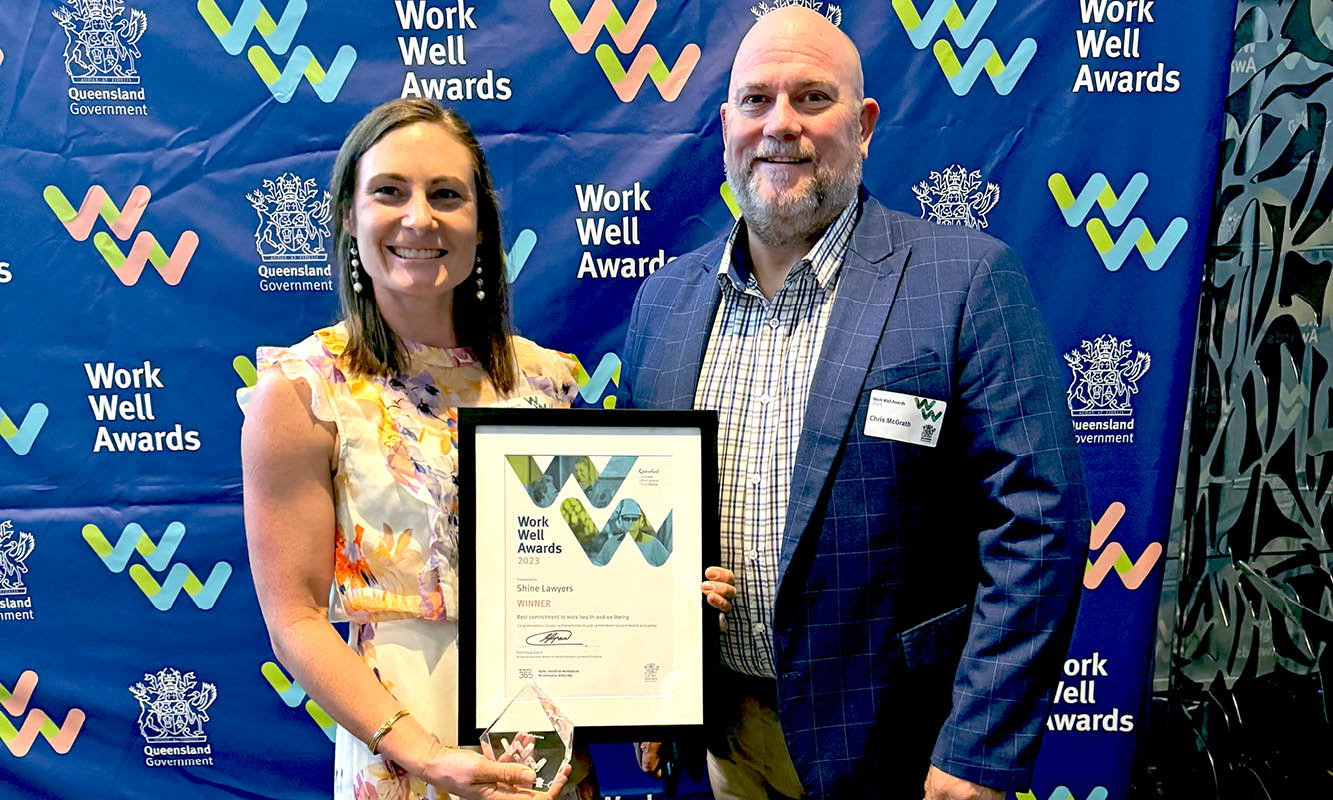If you want to learn and grow in your role, you will need feedback from others. However, not everyone is in the lucky position to receive frequent, helpful observations and suggestions on how to improve performance, maximise strengths and develop new skills. Feedback may not always be forthcoming, which means you will have to ask for it.
As you are reading this article, you probably already know that the saying “no news (or feedback) is good news” is misguided and a bit of a myth. Having to resort to guesswork never puts you in a strong position, and waiting for the next annual performance review is probably not something you can afford.
Below are some tips on how to ask your manager for appropriate feedback:
- Consider the type of feedback you are looking for. Before you are reaching out, think about your motivation and what you want to get out of the conversation. Is it a sign of appreciation or acknowledgment you are looking for, a clarification of your manager’s expectations, or an evaluation of your performance on a particular project or task? Clearly identifying your needs will enable you to choose the best approach and prepare appropriate questions.
- Don’t wait. If you want feedback on a specific meeting, task or assignment, don’t wait: it’s definitely better to ask sooner rather than later, when the events are still fresh in everyone’s memory, and while you still have a chance to course-correct if necessary. If you let too much time pass, assessments may also be distorted and seen through the lens of later developments instead of what was known and relevant at the time.
- Be specific in your questions. It’s important to think about how you are going to ask for feedback. If you have ever asked someone the question, “do you have any feedback for me?”, you probably know what I mean: this type of question is usually met with a generic response and doesn’t yield much insight. Instead of keeping your question broad and unspecific, ask for comments and advice on a clearly prescribed situation, e.g. your behaviour at a particular event, your work on a specific project, or your communication style in a recent meeting. If your goal is to receive clear and proactive feedback, asking specific and well-defined questions will make this outcome more likely.
- Ask future-oriented questions. While you won’t be able to change what you’ve done in the past, you can give the future a new direction and choose a different method going forward if this is necessary. To elicit practical insights, useful questions may include;
- From your perspective, what is the most important thing I can improve going forward?
- What advice can you give me to ensure I will meet your expectations on x?
- Is there anything you’d recommend I start, stop or continue doing?
- I’m always looking to improve my skills. Next time I’m working on a project or case like x, what do you think is one thing I could do differently to achieve even better results?
- Ask for clarification. If it isn’t clear to you what the other person means, ask for an explanation and/or examples. Broad statements such as “sometimes your comments can come across as a bit blunt” may not be very helpful in identifying situations where a different communication style may be more effective. Ask for examples of where you displayed the behaviour, what the impact or risk was, and what a better alternative could have been.
- Show consideration for the other person. Rather than surprising them with ad-hoc requests for feedback, ask for an appointment in advance to give your manager time to reflect and prepare for the conversation. This will also increase your chances of receiving thoughtful and clear feedback as they had some time to think about your contributions, demonstrated behaviour and work ethic prior to the meeting.
- Consult multiple sources. Your manager isn’t the only person who can provide meaningful insight on your personal and professional growth and development. Your team members and peers may also be able to offer useful advice, suggestions and perspectives on your performance. Reciprocating such support to your colleagues also enhances stronger, more meaningful and positive work relationships – and it feels good.
If you would like to learn more, don’t hesitate to reach out to the QLS Solicitor Support service on ethics@qls.com.au or p. 3842 5843 to speak to someone in a judgement-free and supportive environment.
Rebecca Niebler is QLS’s Organisational Culture and Support Officer, QLS Solicitor Support (QLS Ethics and Practice Centre)













Share this article